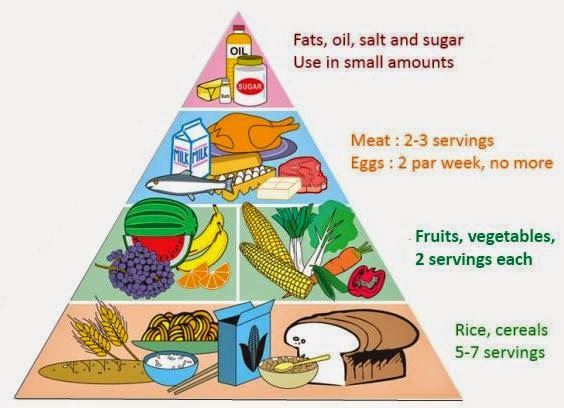Iron
Lean red meat, chicken, turkey, fish, cereals, beans, whole grains, and dark-green leafy vegetables.
Calcium
Dairy products such as milk, cheese and yogurt, and dark-green leafy vegetables such as broccoli and kale.
Magnesium
Green vegetables (like okra; pictured), some beans, nuts, seeds, and unrefined whole grains.
Vitamin A
Leafy green vegetables, orange and yellow vegetables, tomato products, fruits, dairy products, liver, fish, and fortified cereals.

Folate
Natural sources include leafy green vegetables, fruits, and beans; the synthetic form of folate (folic acid) is found in supplements and often added to enriched cereals, breads, pastas, and rice.
Biotin
Cauliflower, liver, avocado, and raspberries.
Vitamin B Complex
Fish, poultry, meat, eggs, dairy products, leafy green vegetables, legumes, many cereals, and some breads.
Vitamin C
All fruits and vegetables, particularly citrus fruits, red pepper, and broccoli.
Vitamin D
Flesh of fatty fish, such as salmon and tuna, and fish liver oils, with small amounts in beef liver, cheese, and egg yolks; and vitamin-D-fortified milk and orange juice. While vitamin D occurs naturally in very few foods, most people actually meet at least some of their vitamin D needs through exposure to sunlight.
Omega 3
Fish—particularly fatty fish like salmon, tuna, sardines, and mackerel—and plants and nut oils.
Probiotics
Yogurt, kefir, and other dairy products.
Antioxidant
Green tea is widely available. It is a powerful antioxidant.
Resveratrol
Grapes, grape juice, wine (especially red), peanuts, and berries.

